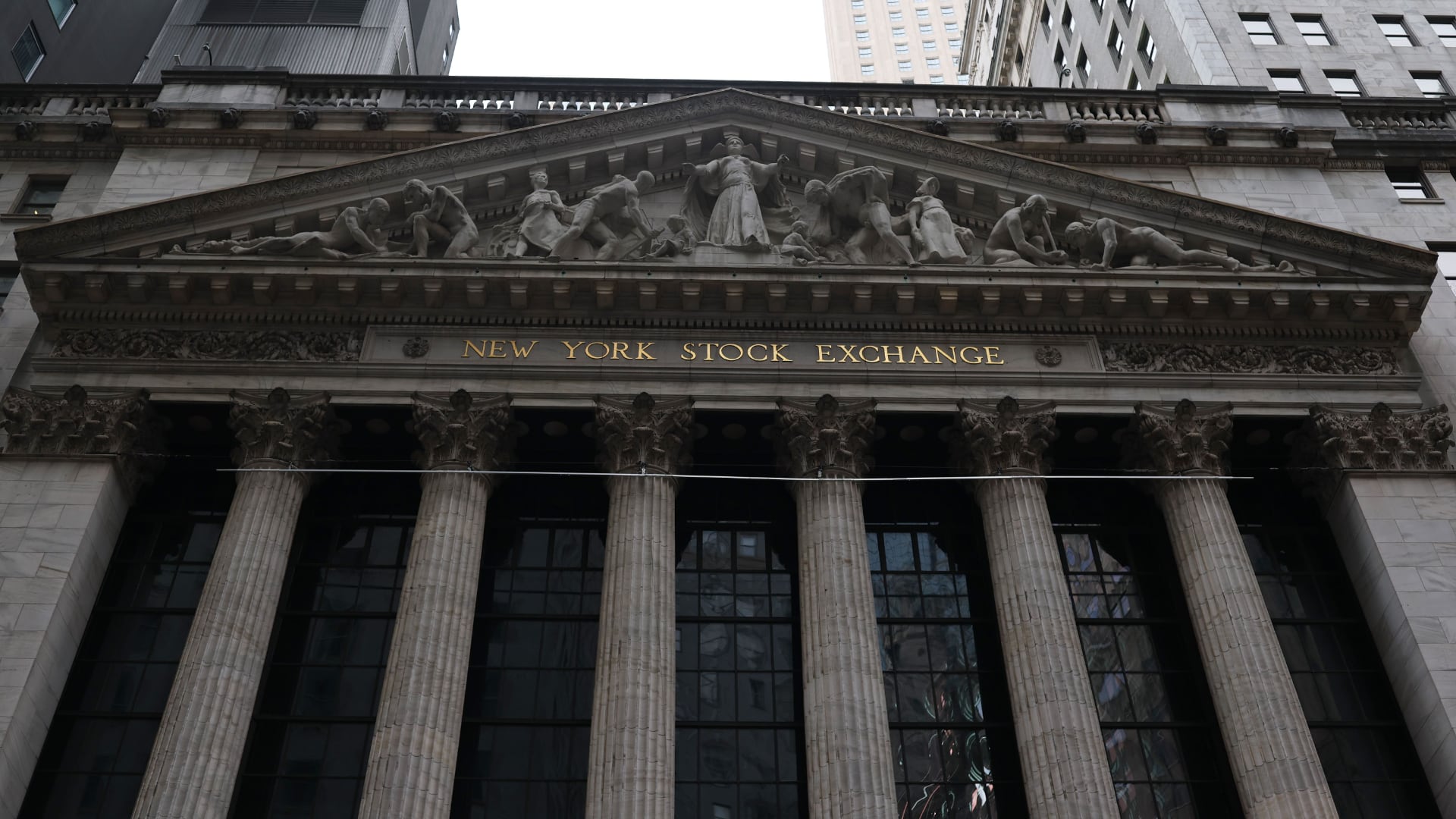For years, banks and fintech companies have struggled with content marketing and now one of the biggest personal finance content sites is launching its first banking product.
Credit Karma, whose core value proposition is a free credit monitoring service, launched Credit Karma Savings on Thursday with a 2.03 percent annual percentage yield. The account is also free, FDIC insured up to $5 million and doesn’t have a minimum balance requirement.
High-yield savings and hybrid cash accounts have become the darling of customer acquisition strategies for consumer fintech startups in the past year, with established fintech brands like student lending company SoFi and roboadvisors Wealthfront and Betterment all their own versions in 2019.
The situation is a little different for Credit Karma. Now 12 years old, the company says it has more than 100 million “members.” Most consumer fintech companies struggle to hit even one million, and have turned to content to drive potential users to their financial products. But Credit Karma already has a successful content strategy, chock full of helpful articles, and has established itself as a go-to for accessible personal finance information for both members and nonmembers alike.
Many competitors hope to attract new users with high-interest savings and then steer them to other, more sophisticated, financial products they offer. But for Credit Karma, the next big value add is driving users to credit card matching, based on users’ credit profile and the likelihood they’ll be approved. These tailored product ads by third-party lending institutions are where the company gets its revenue. Its business has relied on steering users to other companies’ products rather than its own: it does the same with loans, insurance and other banking products.
Credit Karma has also added free tax prep and identity monitoring services to its suite in the last three years.
Because pushing offers is such a significant part of its business, Credit Karma has built a robust content hub that has helped the company gain trust among consumers. Almost every other fintech company has executed that in reverse: rolling out financial products and then building content around them not just to strengthen customer trust and engagement but increasingly, to create a sense of membership and community.
For example, the digital bank MoneyLion’s content buildout includes 30-second market updates, a series of financial tips called Lionomics and an HQ-like trivia challenge in the app, but the company is looking to do even more with video and entertainment. In July CEO Dee Choubey told Cheddar the bank of the future “is a lifestyle destination, not just a destination where you just bank or just trade.” “Challenges” are also a big part of the financial education strategy for Stash, which lets customers earn points and status in its app by reading Stash content.
SoFi, which stands for Social Finance, has also been focused on the “more intangible elements of how to get your money right,” CEO Anthony Noto told Cheddar earlier this year, like free career advice, free certified financial planning advice, and member events.
Credit Karma’s biggest content competitor, NerdWallet, is on a similar trajectory, working on a “membership based on a variety of different use cases” that go beyond letting users track and monitor their financial lives, CEO Tim Chen told Cheddar earlier this year. Last October it launched a cash-back feature. This year it’s focused on growing the number of merchants on its platform and expanding its rewards experience into other use cases. He added that it wants to let users aggregate, track and act on their various credit card points and rewards all in one place within the NerdWallet app or website.
NerdWallet also has more than 100 million users and says it grew 200 percent last year.













